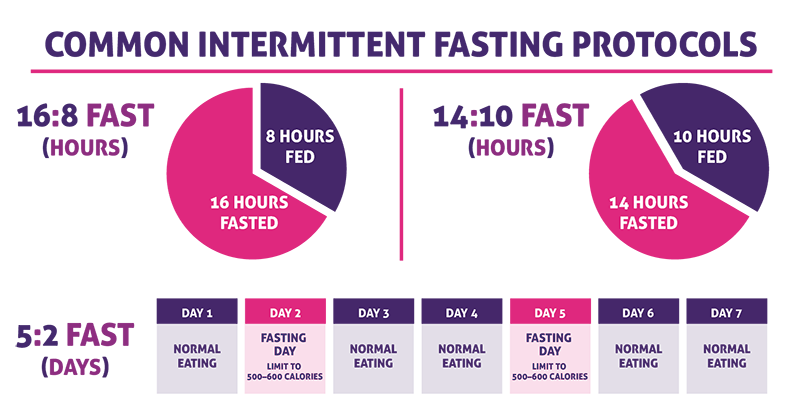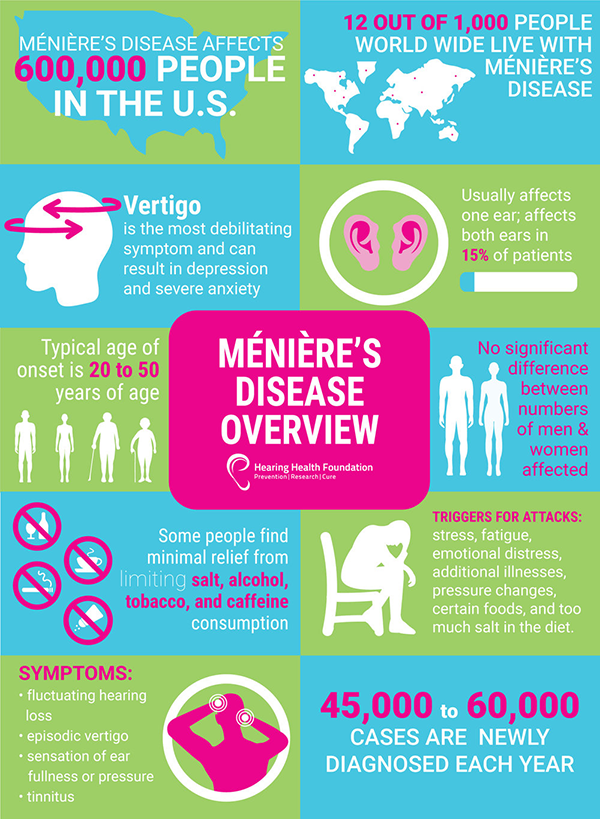One of the most important aspects of the health and vitality of a person is what they put in their body. Because of an increasing awareness of this in recent years there is a growing interest in the field of nutrition and its impact on health.
Lisa Grudzielanek, a registered dietitian and nutritionist, is the Health and Wellness Director at Metcalfe’s Market. Grudzielanek has been helping people improve their diets and lead healthier lives throughout 25 years of experience in the field of nutrition.
“Nutrition is incredibly important,” Grudzielanek said. “What we eat has a direct impact on our health and well-being. Eating a healthy diet can help to prevent chronic diseases and improve overall health. On the other hand, a poor diet can lead to a range of health problems including obesity, heart disease, and diabetes.”
Diet as Prevention and Balance
According to the World Health Organization, proper nutrition is essential for good health. It can prevent a wide range of diseases, including heart disease, stroke, diabetes, and certain cancers. Good nutrition also helps to maintain a healthy weight.
Fast food, processed snacks, and sugary drinks are readily available to us each day, making it easy to make poor choices. In addition, many people lead busy lives, which can make it difficult to find the time to prepare healthy meals.
In part because of these factors, many of us face daily challenges in the efforts to maintain a healthy weight and for simply eating the best food for our body. Finding a healthy balance between enjoying our lives and eating what we love to eat can be obtained in many ways including one that is trending-up: intermittent fasting.
Intermittent Fasting
Intermittent fasting comes in many forms but the key aspects of it involve restricting food intake to certain times of the day or certain days of the week. The idea behind intermittent fasting is that it gives the body a chance to rest and repair, which can lead to improved health and longevity.
There are several different types of intermittent fasting, including the 16/8 method, which involves fasting for 16 hours each day and eating during an eight-hour window, and the 5:2 method, which involves eating normally for five days a week and restricting calories to 500-600 on two non-consecutive days.
For the past five months I have implemented a form of this practice and it has had enormous impact on my health.

My Personal Journey
What I have found works best for me is to eat during a four-to-six-hour window each day. This may not be the best method for others and if you decide to give this a try you and your doctor can determine what works best for you.
Grudzielanek believes that intermittent fasting can be an effective tool for improving nutrition and overall health.
“Intermittent fasting can be a great way to improve your diet,” Grudzielanek said. “By restricting your eating window, you are less likely to snack on unhealthy foods throughout the day. It can also help to regulate blood sugar levels, which is important for people with diabetes.”
When I decided to give this diet a go, I was hopeful it would help me drop weight but soon discovered that it had more to offer. The diet change had tremendous positive effects on my overall health and my medical condition, Meniere’s Disease. I was diagnosed with this condition in 2020 but have likely had it for more than a decade based on the extent to which I have lost my ability to hear.

Meniere’s Disease
Meniere’s Disease is a disorder of the inner ear that can cause a range of symptoms, including vertigo, tinnitus, hearing loss, and a feeling of fullness in the ear. The condition is caused by an abnormal buildup of fluid in the inner ear, which can disrupt the balance and hearing mechanisms of the ear.
The exact cause of Meniere’s Disease is not fully understood, but it is believed to be related to a combination of factors, including genetics, autoimmune disorders, and abnormal fluid regulation in the inner ear.
Meniere’s Disease can be challenging to diagnose, as its symptoms can be like those of other conditions, such as migraine or inner ear infections. However, with proper diagnosis and treatment, many people with Meniere’s Disease can manage their symptoms and lead normal lives. Treatment may include medication, dietary changes, and in severe cases, surgery.
Embarking on this diet quieted my tinnitus, decreased the amount to which I feel unstable most days and assisted to virtually eliminate my vertigo. I now feel I have made a lifestyle change that will be a part of me for years to come.
Proceed With Caution
However, Grudzielanek warns that intermittent fasting may not be suitable for everyone.
“Intermittent fasting can be challenging for some people, especially those who are used to eating frequently throughout the day,” Grudzielanek said. “It’s important to talk to a healthcare provider before starting any new diet or exercise routine, especially if you have any underlying health conditions.”
In addition to intermittent fasting, there are many other ways to improve your nutrition. Lisa recommends eating a diet that is rich in fruits, vegetables, whole grains, and lean protein. She also advises limiting processed foods, sugary drinks, and alcohol.
“Focus on whole, nutrient-dense foods,” Grudzielanek said. “These are foods that are packed with vitamins, minerals, and other essential nutrients that your body needs to function properly. When you eat a variety of these foods, you are giving your body the tools it needs to stay healthy and strong.”
The various methods utilized to maintain a healthy diet are all intended to reduce the amount of unhealthy food a person consumes daily. Those diets can prevent or help maintain a chronic disease, keep us at a healthy weight, and improve overall well-being.
More on Meniere’s Disease: https://medlineplus.gov/menieresdisease.html





